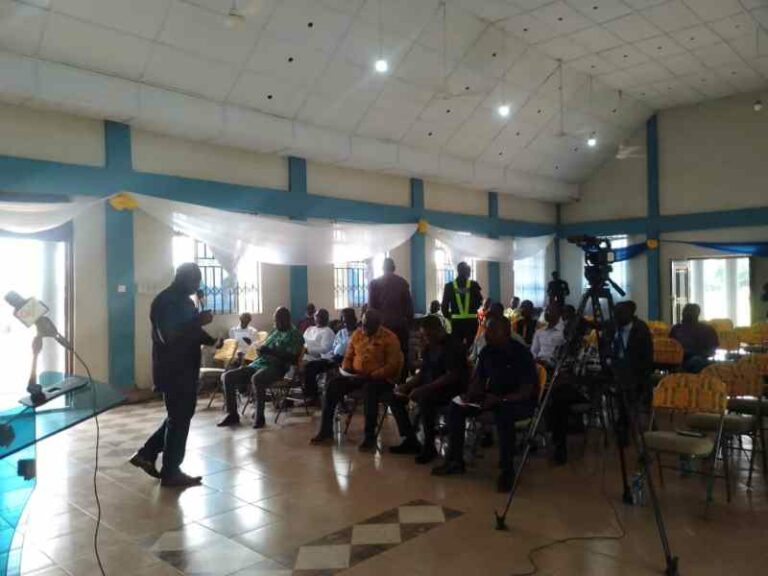Passengers Advised to Confirm Vehicle Insurance Before Travel
A recent symposium in Wa, the Upper West Regional Capital, organized by the National Insurance Commission (NIC), focused on Motor Insurance and the Motor Compensation Fund (Comp Fund). The event gathered key stakeholders from the insurance and road safety sectors to encourage collaboration and facilitate the sharing of knowledge.

Mr. Kofi Andoh, the Acting Commissioner of Insurance, highlighted the fundamental role of insurance in protecting individuals and society. He urged the public, particularly passengers, to proactively verify that commercial vehicles possess valid insurance coverage before embarking.
A key takeaway from the symposium focused on the digitization of motor insurance; a move designed to address the issue of fraudulent insurance documents. A shortcode, 92057# followed by the vehicle’s number, can be used to ascertain the insurance status of any vehicle. Mr. Andoh emphasized the ease with which anyone, including prospective passengers, can now check a vehicle’s insurance coverage. He cautioned that passengers should verify insurance status before boarding to avoid potential consequences in the event of an accident.
Mr. Andoh also stressed the importance of policyholders acting in “Utmost Good Faith” to enable insurance companies to appropriately assess and price risks.
ASP Paul Boakye Yiadom, Upper West Regional Commander of the Motor Traffic and Transport Department (MTTD), underscored the importance of proper insurance coverage on the road.

He stated, “Insurance provides a safety net for parties involved in road accidents. It ensures victims are able to receive compensation and necessary medical treatment. And it helps drivers and riders to avoid financial ruin by covering repair costs and liability fees. In essence, Insurance provides and promotes responsible driving and riding behaviour and foster a course of accountabilly on our roads.”
Osman Abudu, the Chief Operating Officer of Sunu Assurance and a Member of the Motor Compensation Fund, outlined situations where insurance companies might deny compensation, such as when a vehicle is not correctly insured or is driven by an unlicensed individual.

He noted that the Motor Compensation Fund operates as a last resort. Claimants must demonstrate that attempts to claim from the insurer of the offending driver or vehicle owner have been unsuccessful.


